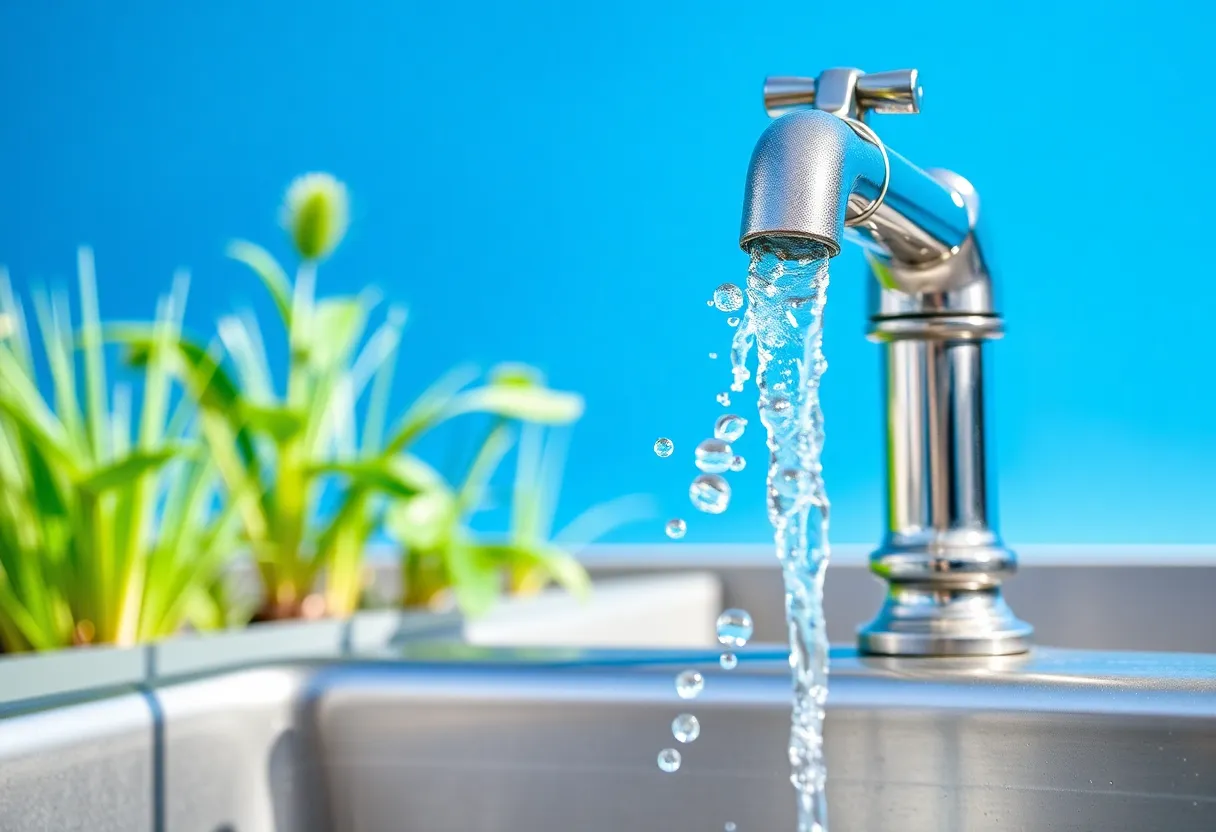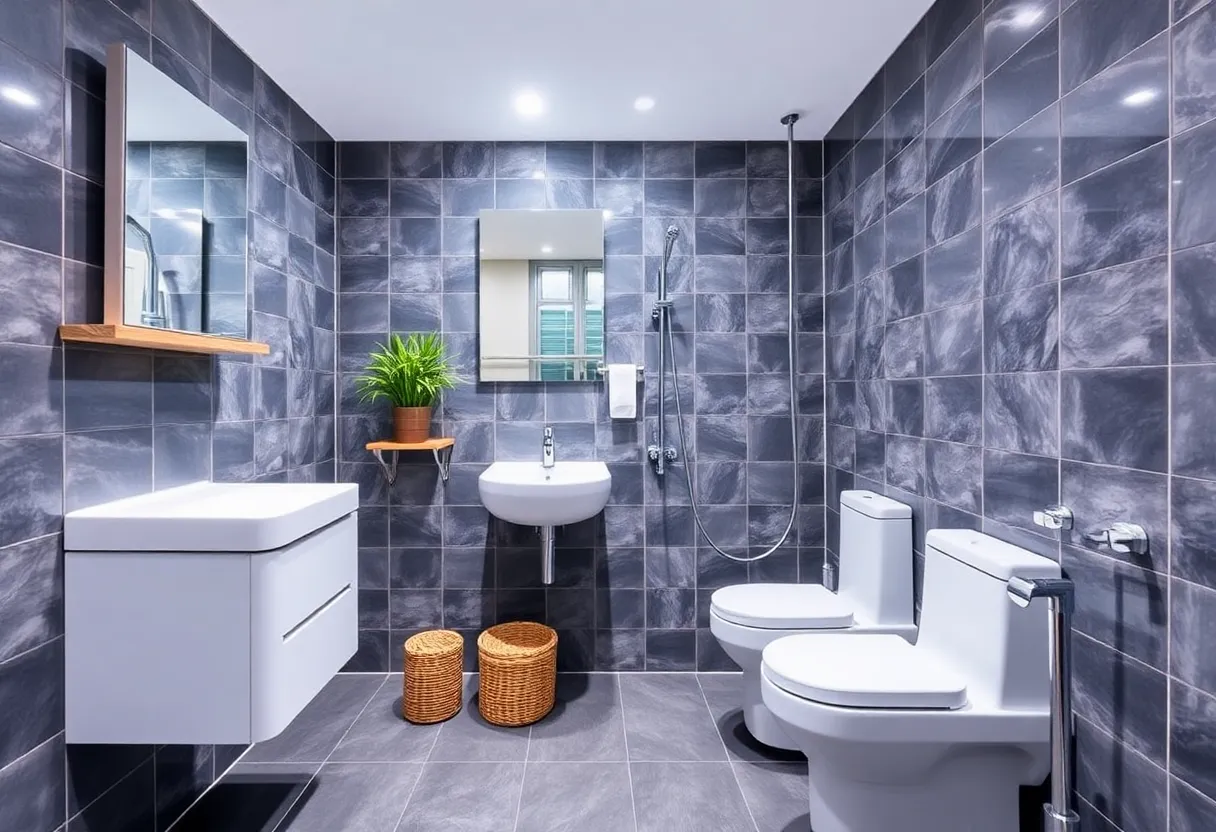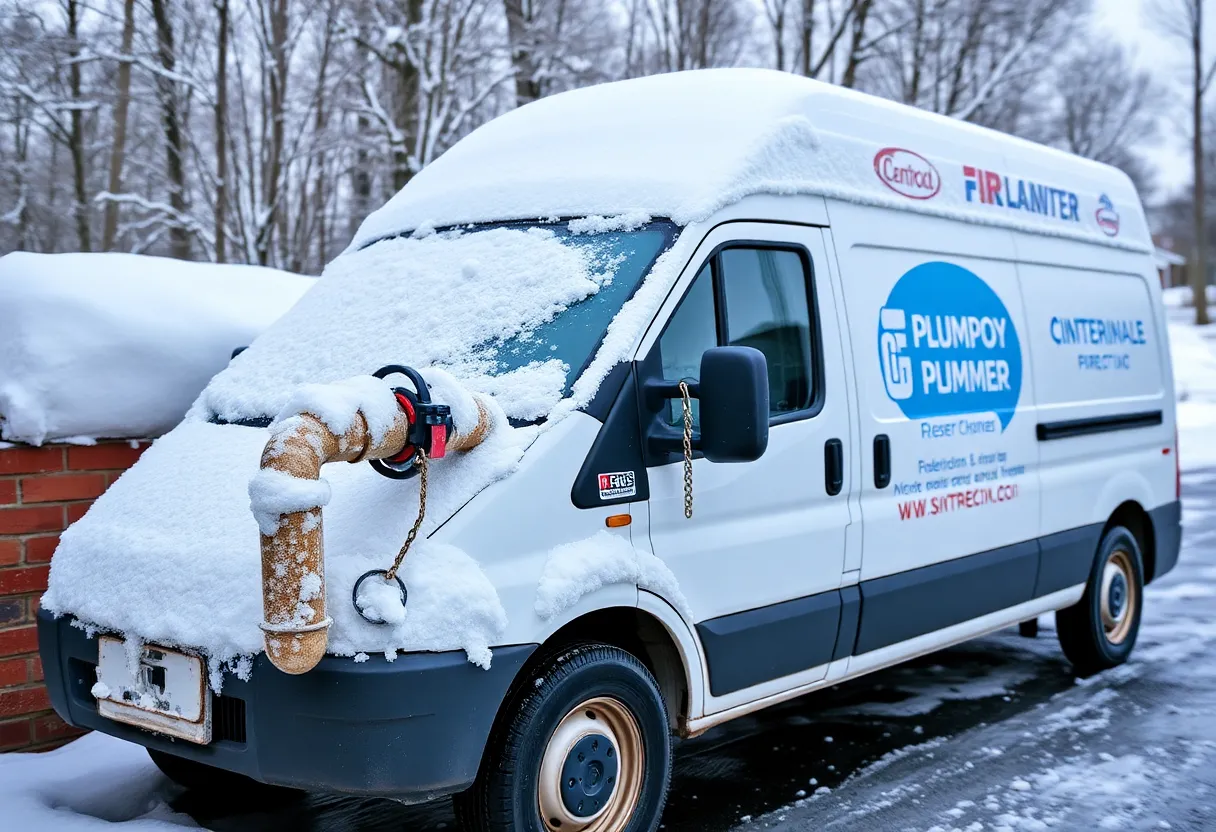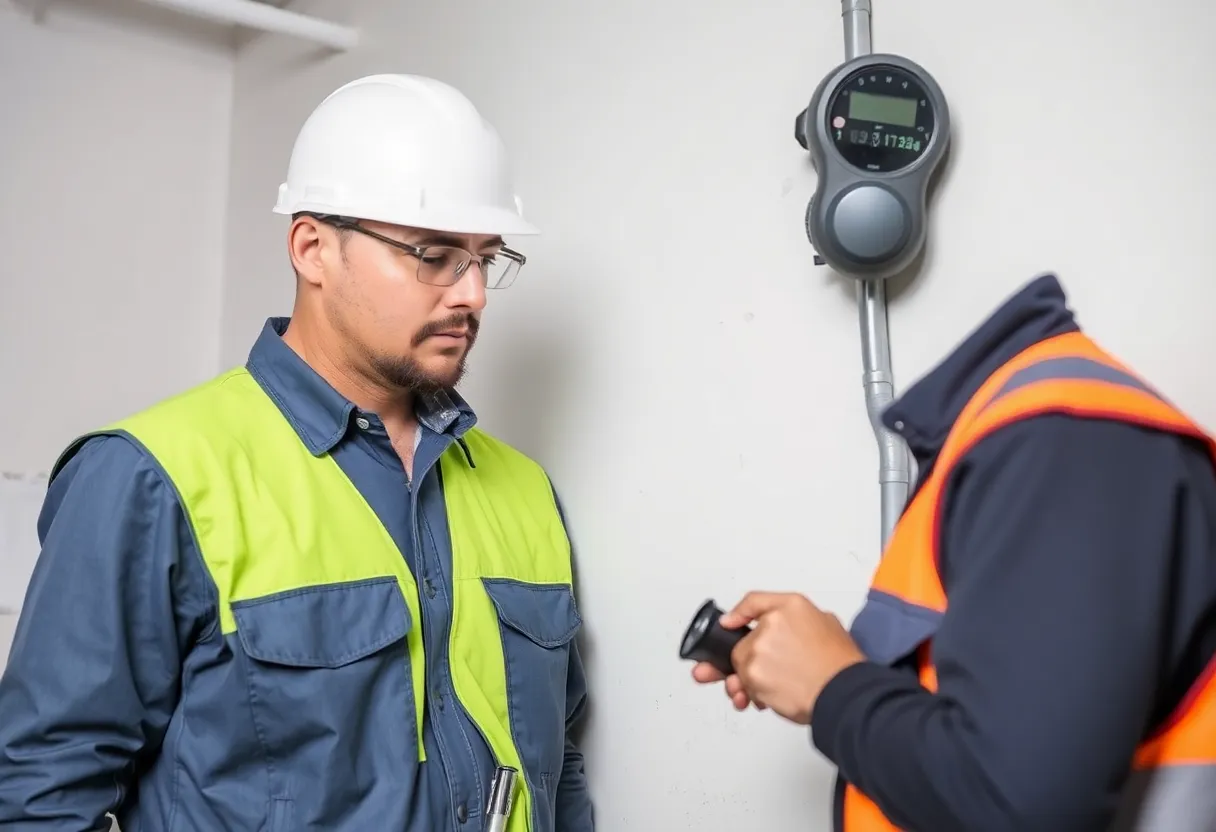The Plumbing Revolution: 8 Essential Strategies to Maximize Your Home’s Water Efficiency
In an age where environmental consciousness is at an all-time high, homeowners are seeking ways to reduce their water consumption without compromising comfort. The challenge lies in the plumbing systems we often take for granted. Implementing modern strategies and solutions can lead to significant improvements in water efficiency throughout your home. In this article, we will explore _eight essential strategies_ that can transform your plumbing system and enhance your home’s water performance.
Understanding Water Efficiency
To maximize water efficiency, it is crucial to understand what it means in the context of plumbing. Water efficiency refers to the sustainable use of water resources, minimizing water waste while maintaining functionality. This can be accomplished through the installation of appropriate fixtures, regular maintenance, and smart behavioral changes. Adopting these strategies will not only benefit your _water bills_ but will also have a positive impact on the environment.
1. Install Low-Flow Fixtures
One of the most effective ways to improve your home’s water efficiency is by installing _low-flow fixtures._ These include faucets, showerheads, and toilets that use significantly less water than standard models. For example, low-flow showerheads can reduce water flow from 2.5 gallons per minute to about 1.8 gallons. This simple upgrade can help you save gallons of water every time you shower or wash your hands.
Benefits of Low-Flow Fixtures
- Lower water consumption without sacrificing performance
- Reduced energy costs from heating less water
- Potential for rebates or incentives from local utilities
2. Conduct Regular Leak Inspections
Water leaks are a major source of waste in homes, with small leaks potentially wasting hundreds of gallons each year. Regularly inspecting your plumbing system for leaks can help maintain water efficiency. Check common areas for leaks, such as under sinks, around toilets, and pipes hidden in walls.
Signs of a Leak
Be vigilant for the following signs that may indicate a leak:
- Increased water bill without a change in usage
- Water stains on walls or ceilings
- Mold or water damage
- Sound of running water when nothing is in use
3. Use Water-Efficient Appliances
Investing in _water-efficient appliances_ is another effective strategy for maximizing water efficiency. Look for washing machines and dishwashers with high Energy Star ratings, as these models utilize advanced technology to minimize water consumption while maintaining excellent cleaning performance.
Advantages of Water-Efficient Appliances
- Reduced water and energy costs
- Enhanced cleaning efficacy
- Lower environmental impact
4. Optimize Irrigation Systems
Outdoor water use can account for a significant portion of your home’s overall consumption, especially in arid climates. Optimizing your irrigation systems can lead to substantial water savings. Here are some strategies to consider:
Smart Irrigation Controllers
Install a _smart irrigation controller_ that adjusts watering schedules based on weather conditions. This technology can prevent overwatering and ensure your plants receive only what they need
Drip Irrigation
Implement a _drip irrigation system_ for gardens and landscaping. This method delivers water directly to the roots of plants, minimizing evaporation and runoff.
5. Collect Rainwater
Rainwater collection is a sustainable practice that can greatly enhance your home’s water efficiency. By installing rain barrels or a more extensive rainwater harvesting system, you can capture and store rainwater for irrigation, washing cars, or other outdoor uses.
Benefits of Rainwater Harvesting
- Reduces dependence on municipal water supply
- Reduces stormwater runoff and erosion
- Cost-effective source for gardening and landscaping needs
6. Educate Household Members
Education is a powerful tool in promoting water efficiency at home. Educating everyone in the household about the importance of conserving water and implementing simple behavioral changes can lead to significant savings.
Actionable Tips for Households
- Always turn off the tap while brushing teeth, shaving, or washing dishes.
- Take shorter showers and install a timer as a reminder.
- Flush only when necessary; don’t use the toilet as a wastebasket.
7. Regular Maintenance of Plumbing Systems
Maintaining your plumbing systems is essential in maximizing water efficiency. Regular checks and maintenance can help identify potential issues before they turn into costly repairs or water wastage.
Key Areas to Maintain
- Pipes and fittings for signs of wear, corrosion, or leaks
- Water heaters to ensure efficiency and prevent leaks
- Seals and gaskets to prevent small leaks
8. Monitor Water Usage
Keeping track of your water usage can help you identify areas where efficiency can be improved. Many municipal water providers offer tools to help residents monitor usage. Additionally, consider installing a _water meter_ if you do not already have one.
Benefits of Monitoring Water Usage
- Identifies spikes in usage or possible leaks
- Allows for informed decisions regarding water-saving upgrades
- Encourages a culture of conservation in your household
Conclusion
The plumbing revolution is about embracing new technologies, practices, and behavioral changes to promote water efficiency. By implementing these _eight essential strategies_, you can significantly reduce your water consumption, enhance your home’s sustainability, and contribute positively to the environment. Remember, every drop saved counts toward a more water-efficient future!
Frequently Asked Questions
1. What are low-flow fixtures?
Low-flow fixtures are plumbing fixtures, such as faucets, showerheads, and toilets, that use significantly less water than standard models, thereby improving water efficiency.
2. How can I identify leaks in my plumbing system?
Look for signs such as increased water bills without changes in usage, water stains on walls or ceilings, mold, or sounds of running water when nothing is in use.
3. What are the advantages of water-efficient appliances?
Water-efficient appliances reduce water and energy costs, enhance cleaning efficacy, and have a lower environmental impact.
4. How can I optimize my outdoor irrigation systems?
Consider using smart irrigation controllers and drip irrigation systems, which help minimize water waste by delivering water directly to the plants.
5. What are the benefits of rainwater harvesting?
Rainwater harvesting reduces dependence on the municipal water supply, decreases stormwater runoff and erosion, and provides a cost-effective water source for outdoor use.
6. Why is household education important for water conservation?
Educating household members about the significance of water conservation encourages them to adopt behavioral changes that can lead to significant savings.
7. What should I maintain in my plumbing systems?
Regularly check pipes and fittings for wear or leaks, ensure water heaters are efficient, and inspect seals and gaskets to avoid small leaks.
8. How can I monitor my water usage?
Use tools provided by your municipal water provider or install a water meter to track your water consumption and identify areas for improvement.




